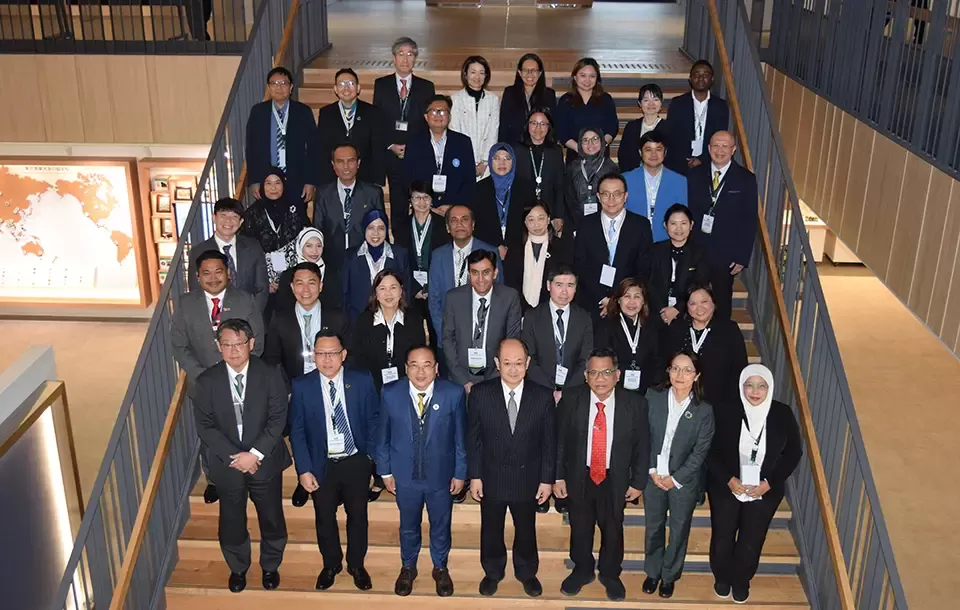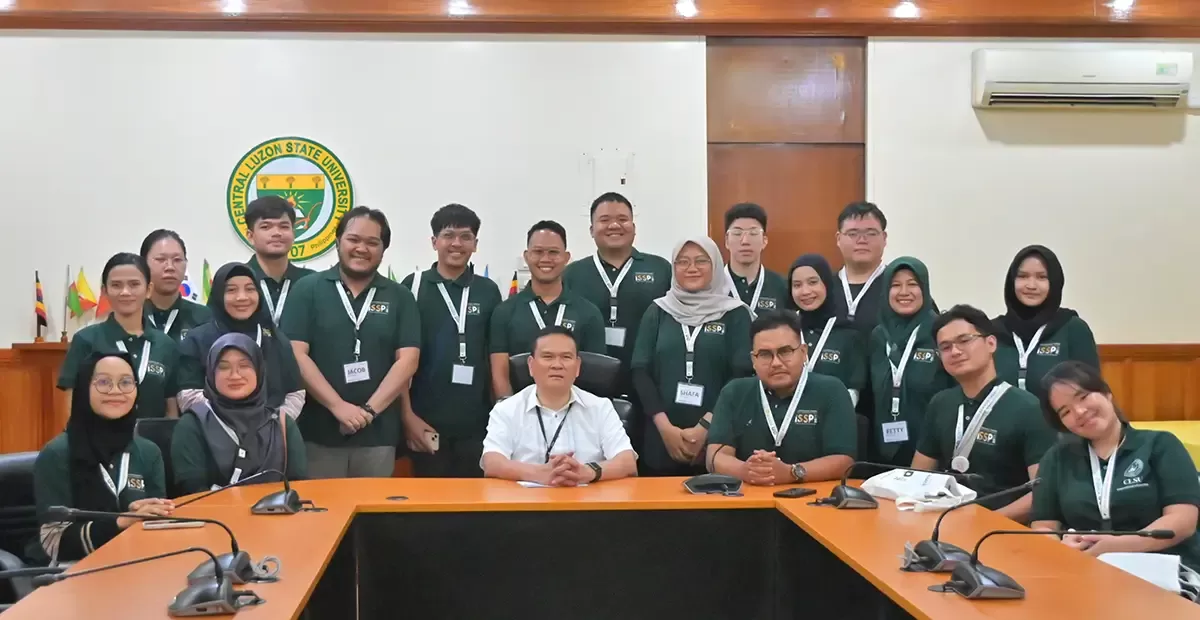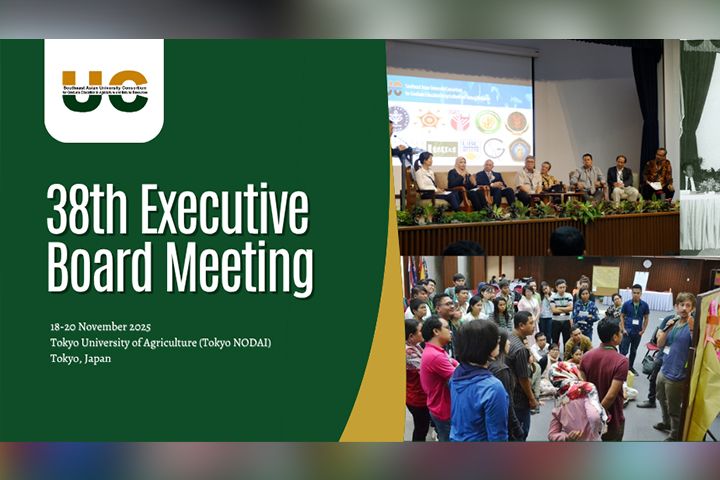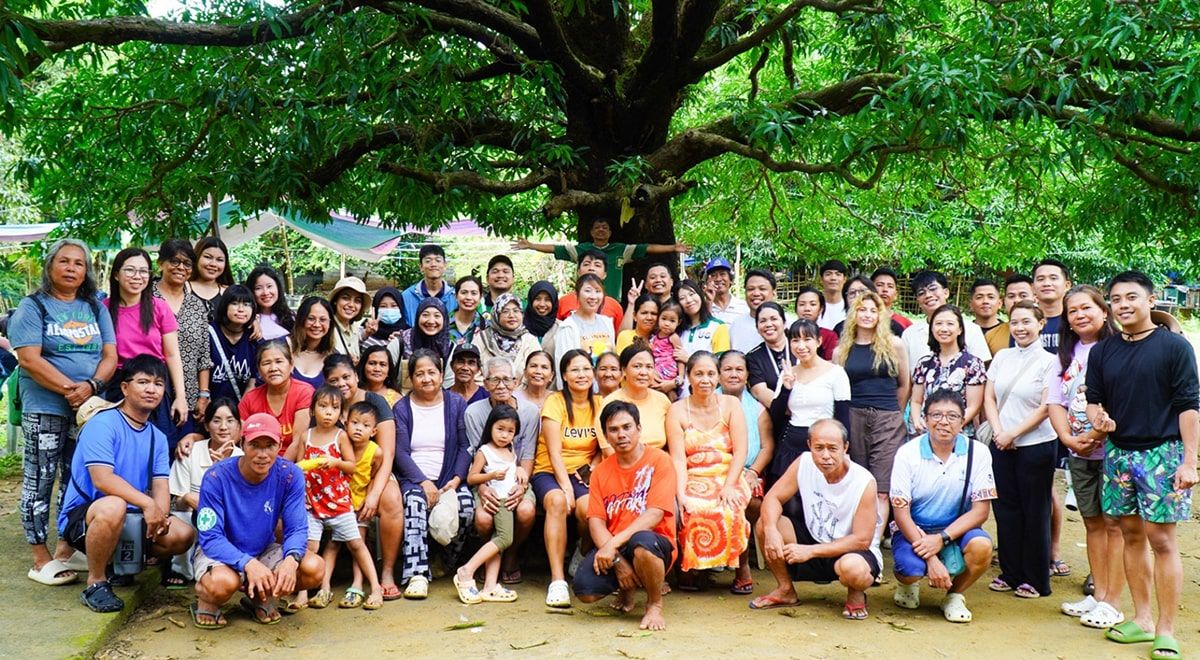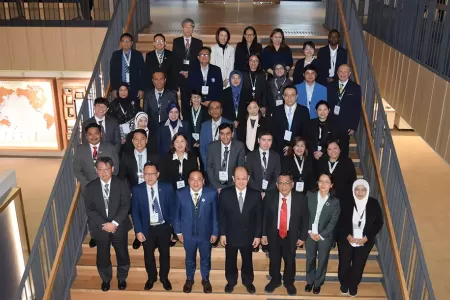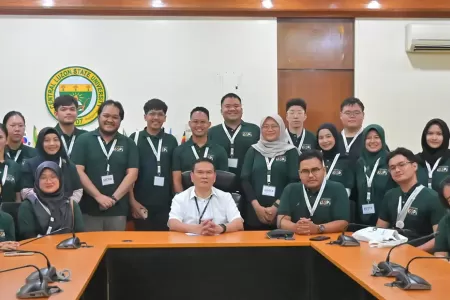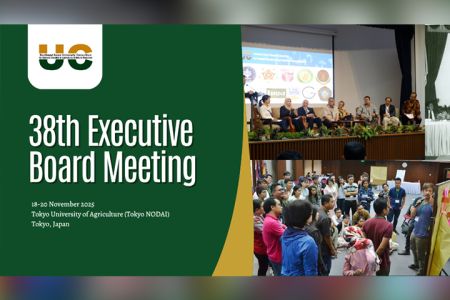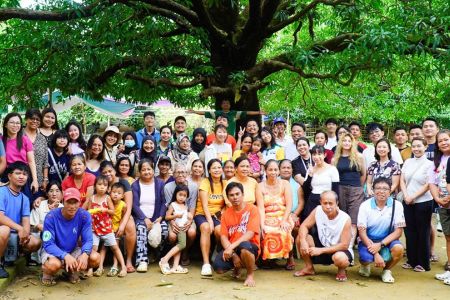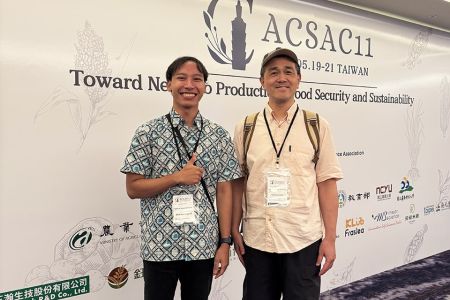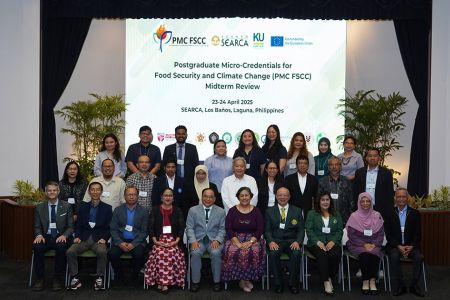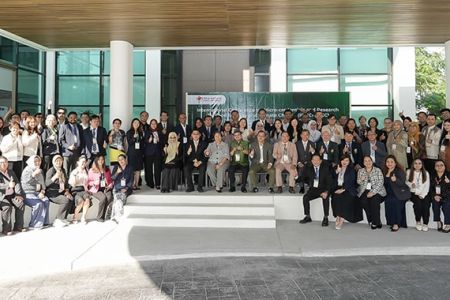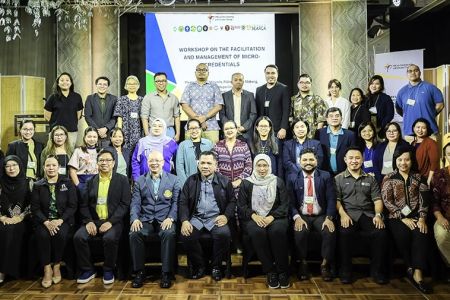UPM scientist develops test kit for leptospirosis
 A Universiti Putra Malaysia (UPM) scientist developed a simple rapid test kit to diagnose leptospirosis infection in human. The test kit, LeptoScan2, can detect the presence of the spirochaete bacteria Leptospira spp. in the patient’s blood in less than 15 minutes, even in the early stages of the disease. This is contrary to other products in the market which can only provide the results based on the antibodies produced after 7 days or more of the infection.
A Universiti Putra Malaysia (UPM) scientist developed a simple rapid test kit to diagnose leptospirosis infection in human. The test kit, LeptoScan2, can detect the presence of the spirochaete bacteria Leptospira spp. in the patient’s blood in less than 15 minutes, even in the early stages of the disease. This is contrary to other products in the market which can only provide the results based on the antibodies produced after 7 days or more of the infection.
Prof Dato' Dr Abdul Rani Bahaman, the inventor of the rapid test kit is a senior lecturer from the Department of Veterinary Pathology and Microbiology of the Faculty of Veterinary Medicine of UPM. In a media conference held at UPM, he said that LeptoScan2 is an improved version of LeptoScan, a rapid DNA-based detection kit for leptospirosis which he also invented back in 2006.
According to the World Health Organisation (WHO), more than 500,000 people are infected with leptospirosisevery year, with 23 percent mortality rate. Leptospirosis is usually carried by rats, but can also be transmitted by cattle, dogs, and pigs, and is excreted through the animal’s urine. People contract the disease either by swallowing contaminated food or water, or through open wounds and mucous membranes in eyes, nose and mouth. The symptoms of the disease include severe fever, muscle pain, conjunctivitis. It is often misdiagnosed, as its symptoms are similar to influenza, dengue, and malaria. Severe cases of this bacterial infection may cause organ failure.
In Malaysia, there is also very high prevalence of leptospirosis in animals with economic and public health importance evidenced by infertility, low milk production, and abortions or weak calves in the cattle.
Prof Rani's interest in studying leptospirosis began when he worked on the bacteria for his Master’s dissertation in Massey University in New Zealand. He continued his focus on leptospirosis and obtained his PhD from UPM in 1988. According to Prof Rani, his work on LeptoScan2 started with a research grant of MYR 170,000 from the Ministry of Science, Technology and Innovation (MOSTI) in 2007 with his PhD student, Dr Arivudainambi Seenichamy.
The disease is not new as it was first diagnosed in the Institute of Medical Research of Kuala Lumpur in 1926 following an outbreak in the country. Recently, Malaysia's Deputy Health Minister Datuk Seri Dr Hilmi Yahaya announced that there were 2,262 reported cases of leptospirosis in the country with 22 deaths in the first months of 2013.
Source: UPM News| 1 August 2013

